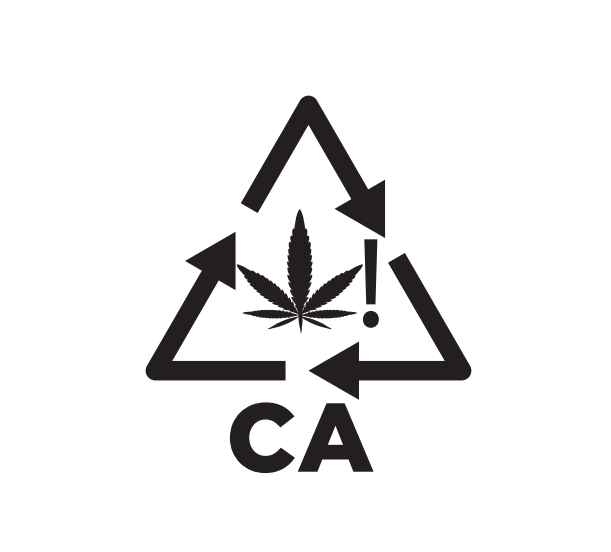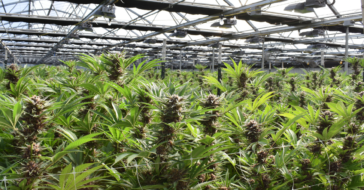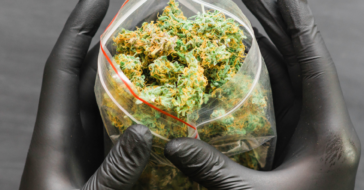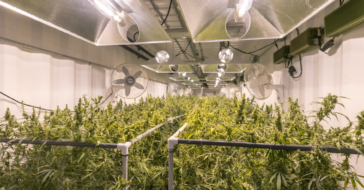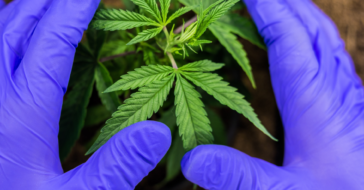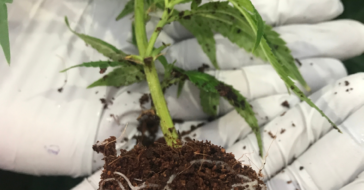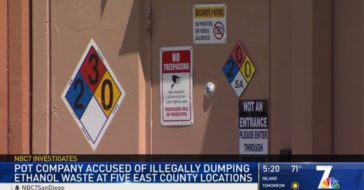The use of psychedelic drugs, especially in medical treatment, could become a reality in California soon.
Senate Bill 58 would decriminalize individuals 21 and older owning or preparing “certain hallucinogenic substances,” including psilocybin, which are often referred to as “magic mushrooms.” Only Oregon and Colorado have legalized psilocybin for treatments like therapy.
In May, the bill cleared the California State Senate and is now in the hands of the State Assembly for further review.
For businesses that sell cannabis products, the decriminalization of the use of psilocybin could eventually lead to the legalization of the substance. The decriminalization could also lead to more businesses working with healthcare providers to provide psilocybin mushrooms for treatment, ultimately adding another revenue stream. However, with any legislative change like this comes new environmental laws that protect communities from toxic substances during disposal.
While there is still uncertainty about whether Californians will see shrooms legal in the state, if you’re thinking about taking advantage of this expanding psychedelic market, the question you should be asking yourself now is: Is your business ready?
What Is SB 58?
Senate Bill 58, introduced by Senator Scott Weiner, would decriminalize adults older than 21 owning or preparing some hallucinogenic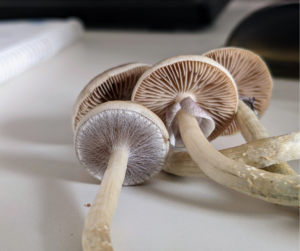 substances, including:
substances, including:
- Psilocybin
- Psilocyn
- Dimethyltryptamine (DMT)
- Ibogaine
- Mescaline
The use of hallucinogenic substances has long existed, including among indigenous populations, for medicinal purposes. Although the Drug Enforcement Agency (DEA) considers psilocybin a Schedule I drug, facilitated psilocybin services are legal in Oregon and Colorado, where the substance can be used to treat several psychological conditions like major depressive disorder and post-traumatic stress disorder (PTSD).
In fact, the California bill is sponsored by Heroic Hearts Project, a nonprofit organization that connects military veterans struggling with mental trauma with therapies that utilize plant-based psychedelic medicines.
It’s important to note that there is a difference between decriminalization and legalization. Decriminalization does not mean legal. When a substance is legalized, an adult can use it without any legal consequences.
On the other hand, decriminalization does not legalize the substance but instead reduces any harsh criminal penalties associated with those caught with the drug in their possession. For example, a person may receive a fine (similar to a traffic ticket) from law enforcement but will not be arrested or serve jail time.
In the case of Senate Bill 58, if the legislature passes it and the governor signs off, naturally occurring psychedelic substances will remain illegal at the federal level and through state law but will become decriminalized.
Is SB 58 Part Of A Bigger Movement?
Senate Bill 58 is just one part of an overall bigger movement to decriminalize and potentially legalize psychedelics.
Earlier this year, U.S. Senators Cory Booker and Rand Paul introduced an updated version of the Breakthrough Therapies Act. The bipartisan effort would remove regulatory hurdles that heavily restrict treatments that include Schedule I substances. U.S. Representatives Nancy Mace and Madeleine Dean also have introduced companion legislation in the House of Representatives.
The Breakthrough Therapies Act would allow the DEA to change Schedule I controlled drug substances to Schedule II if they meet breakthrough therapy requirements. If approved, drugs like psilocybin could be reclassified under the Controlled Substances Act, offering fewer barriers to scientific research of psilocybin-assisted therapy and treating patients suffering from severe mental health issues.
What Do These Changes Mean For Your Business?
For businesses operating in California, the potential decriminalization (and possible eventual legalization) of psychedelic substances like psilocybin present both opportunities and challenges.
If Senate Bill 58 passes and becomes law, it could open up new avenues for businesses to enter the expanding psychedelic market. Companies already involved in the sale of cannabis products have seen the rapid expansion of the global cannabis market, which is projected to grow to over $197 billion by 2028.
This expansion has resulted in a growing need for cannabis waste disposal companies in order to remain compliant with expanding state and federal laws. The same is likely to occur if the psychedelic substances market expands as well.
While there could be additional opportunities on the horizon to expand your cannabis business to include products like mushrooms, businesses should be prepared to navigate new environmental laws that may accompany these changes.
One way to accomplish this is to ensure you are currently working with cannabis disposal services that have their finger on the pulse of evolving state and federal regulations related to substances you may be interested in manufacturing or selling. The best cannabis waste management company will also stay up to date on special storage and handling procedures that are relevant to your day-to-day operations.
Particularly in these areas you will want to ensure your business is compliant:
- License applications
- Waste stream identification
- Proper disposal
- Mitigation of potential sources of waste odor
- Storage of substances
- Securing of waste on licensed premises
- Proper employee training
Adapting to this evolving regulatory landscape and being proactive in understanding the legal requirements will be crucial for businesses seeking to capitalize on the changing attitudes toward psychedelic substances in California and the United States.


